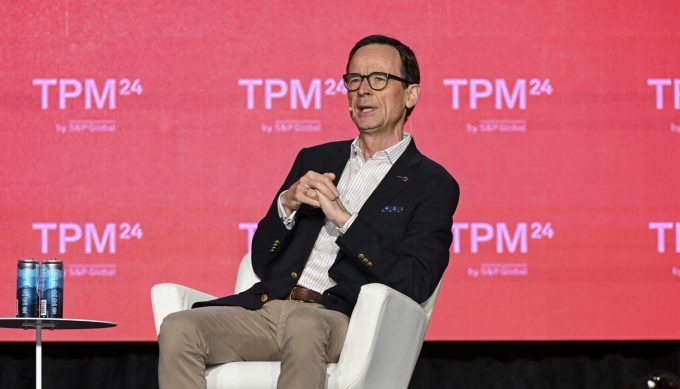Airfreight forwarding a better bet than ocean for investment this year
Forwarders more focused on airfreight will fare better this year than those with a higher ...

Despite waves of consolidation among larger players, the future of independent freight forwarders serving SME shippers has never been more secure, delegates at this week’s S&P TPM conference in Long Beach were told.
Otto Schacht (above), who led Kuehne + Nagel’s ocean freight department for over two decades until moving to an advisory role last year, said a fundamental characteristic of the freight forwarding sector was how splintered it was, globally.
“The freight forwarding industry has always been heavily fragmented – if ...
Volcanic disruption at Anchorage could hit transpacific airfreight operations
Macron calls for ‘suspension’ – CMA CGM's $20bn US investment in doubt
Forwarders stay cool as US 'liberation day' tariffs threaten 'global trade war'
Shippers snap up airfreight capacity to US ahead of tariff deadline
De minimis exemption on shipments from China to the US will end in May
Tighter EU import requirements proving 'a challenge' for forwarders
Looming Trump tariffs will create 'a bureaucratic monster' for Customs

Comment on this article